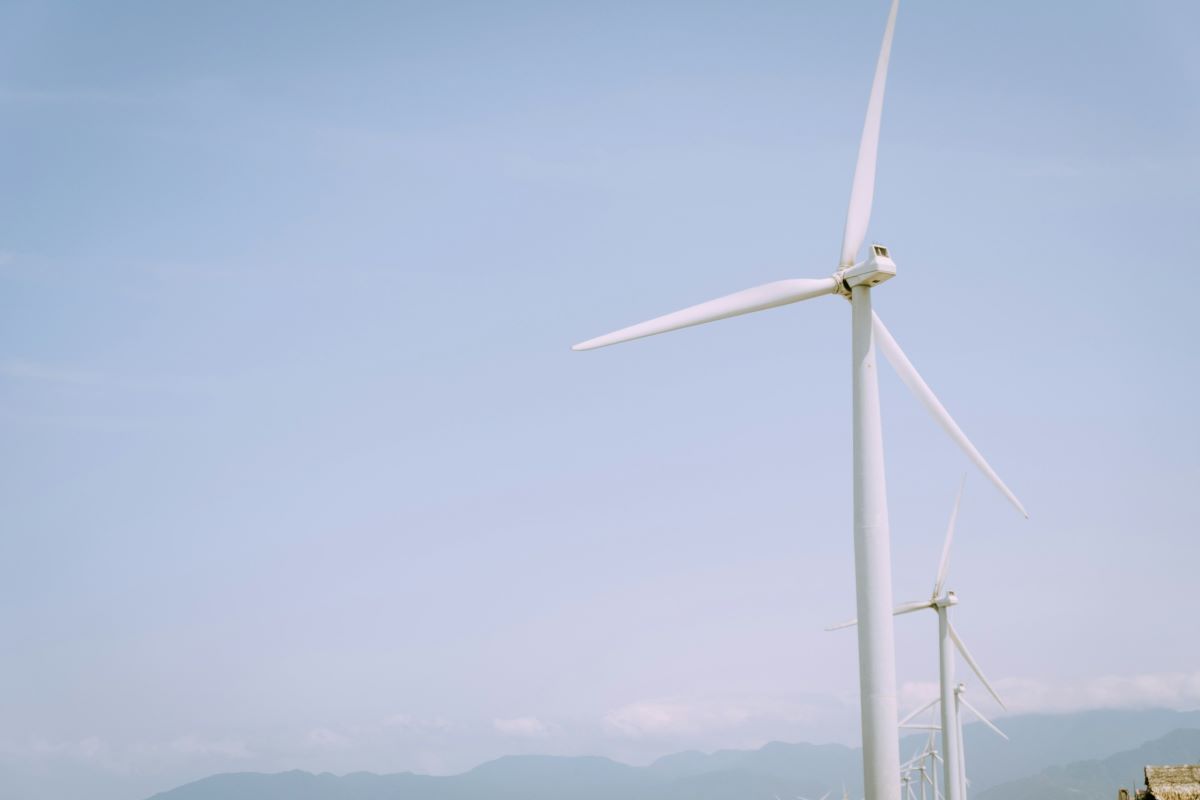Table of Contents
ToggleThe Philippines, an archipelago blessed with abundant natural resources, is steadily emerging as a significant player in the renewable energy sector. As global concerns about climate change and energy sustainability intensify, the Philippines renewable energy industry is experiencing a transformative shift towards a more sustainable and resilient energy landscape. Let’s delve into the current state, potential, and future prospects of the Philippines renewable energy industry.
Current State of Renewable Energy in the Philippines
The Philippines has made remarkable strides in harnessing renewable energy sources. As of 2023, the country’s energy mix includes a substantial share of renewables, predominantly hydropower, geothermal, wind, and solar energy. Renewable energy sources contributed 22% of the country’s total energy generation capacity in 2023. Though lower than the global 30% average, this is a significant achievement, given the country’s geographical and economic challenges.
Read more: Top 7 Solar Energy Projects in the Asia-Pacific Region
Hydropower
Hydropower is the most established form of renewable energy in the Philippines. With numerous rivers and water systems, the country has developed several large and small-scale hydropower plants. These facilities provide a stable and reliable source of energy, particularly in the Luzon and Mindanao regions.
Geothermal Energy
The Philippines is the third-largest producer of geothermal energy in the world, only behind the United States and Indonesia. The country’s unique geological setting, with its numerous volcanoes and hot springs, provides an excellent opportunity for geothermal energy development. Major geothermal plants are located in Leyte, Southern Luzon, and Negros Island.
Wind and Solar Energy
Wind and solar energy are relatively new but rapidly growing sectors in the Philippines renewable energy landscape. The Northern provinces, such as Ilocos Norte, boast several wind farms, including the notable Bangui Wind Farm. Solar energy is also expanding, with significant investments in both utility-scale solar farms and rooftop solar installations.
Read more: Japan’s Renewable Energy Sector: A Quick And Balanced Look On A Rising Industry
Challenges and Opportunities
Despite the progress, the Philippines renewable energy sector faces several challenges. These include high initial investment costs, regulatory hurdles, and the intermittent nature of some renewable sources. However, these challenges are counterbalanced by numerous opportunities.
Government Policies and Incentives
The Philippine government has implemented several policies to promote renewable energy. The Renewable Energy Act of 2008 provides various incentives such as tax holidays, duty-free importation of renewable energy equipment, and feed-in tariffs. Additionally, the DOE’s National Renewable Energy Program aims to triple the country’s renewable energy capacity by 2030.
Technological Advancements
Advancements in renewable energy technologies are making it more feasible and cost-effective to develop and deploy renewable energy systems. Innovations in energy storage, smart grids, and energy-efficient technologies are expected to enhance the reliability and integration of renewable energy into the national grid.
Read more: The Rise of Renewable Energy in Vietnam: Opportunities and Challenges
Investment and International Collaboration
There is a growing interest from both local and international investors in the Philippines renewable energy market. Collaborations with countries like Japan, the United States, and various European nations are bringing in capital, expertise, and technology needed to scale up renewable energy projects.
Future Prospects
The future of the Philippines renewable energy sector looks promising. With the government’s commitment to reducing carbon emissions and the growing demand for sustainable energy, the renewable energy industry is poised for significant growth. Expanding the use of renewable energy not only helps in mitigating climate change but also enhances energy security, creates jobs, and promotes sustainable economic growth.
Community and Environmental Impact
Renewable energy projects are also bringing positive impacts to local communities and the environment. Rural electrification projects powered by renewable energy are providing electricity to remote areas, improving the quality of life and economic opportunities for residents. Furthermore, the reduction in greenhouse gas emissions contributes to global efforts in combating climate change and protecting biodiversity.
Taiwan’s Renewable Energy Industry: A Bright Future Ahead
Conclusion
The Philippines renewable energy industry is at a pivotal juncture. With abundant natural resources, supportive government policies, and increasing technological advancements, the country has the potential to become a leader in renewable energy in Southeast Asia. As the world moves towards a more sustainable future, the Philippines stands ready to harness its renewable energy potential, paving the way for a greener and more resilient energy landscape.
Whether you are an investor, a policymaker, or an advocate for sustainable energy, the Philippines renewable energy sector offers immense opportunities to contribute to a brighter, cleaner, and more sustainable future.
Interested in expanding to the Philippines? With our over 15 years of experience serving the Asian market, Eos Global Expansion is ready to help. Our Employer of Record (EoR) services will take care of the administrative duties so you can focus on your core business.
Contact Eos Global Expansion today. Check our services here or book a free consultation now.
Featured photo by Kristhea Mhae Saldo on Unsplash







